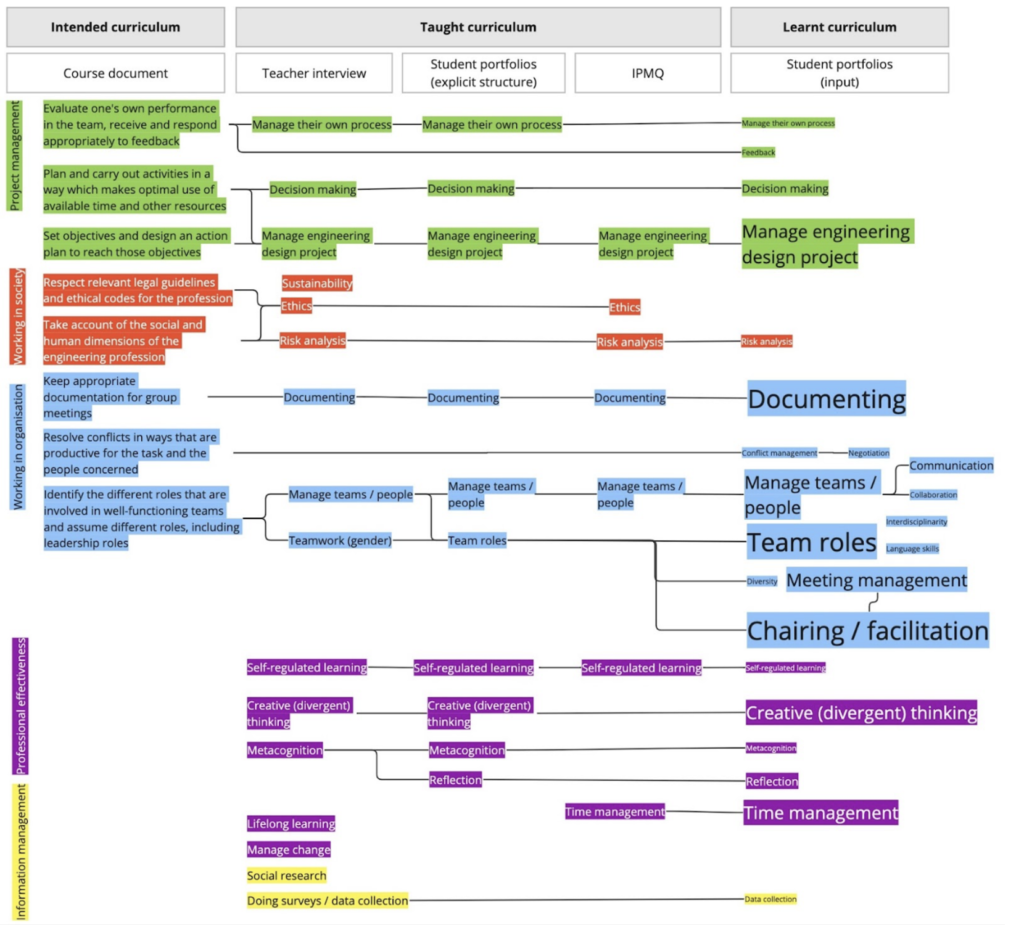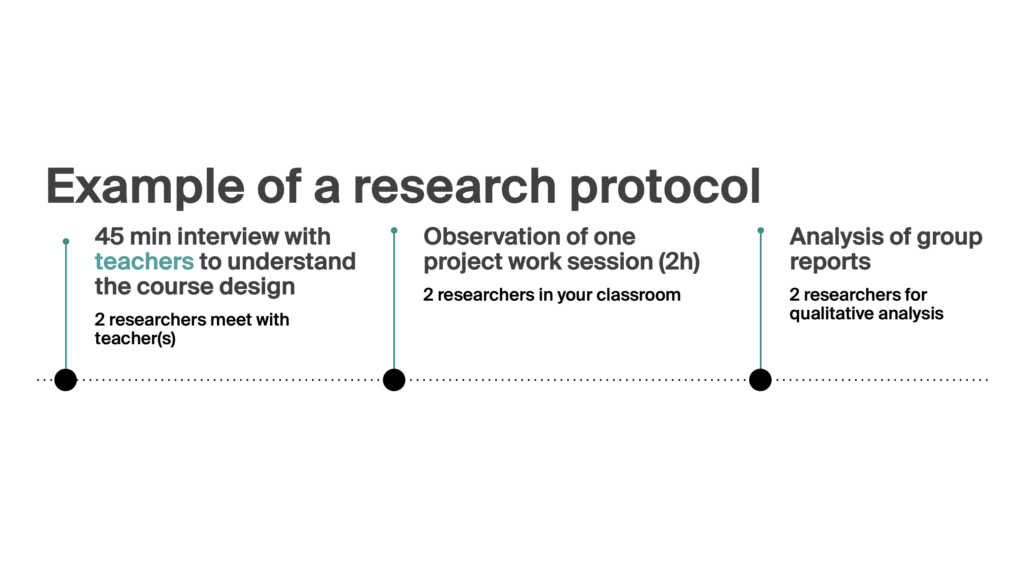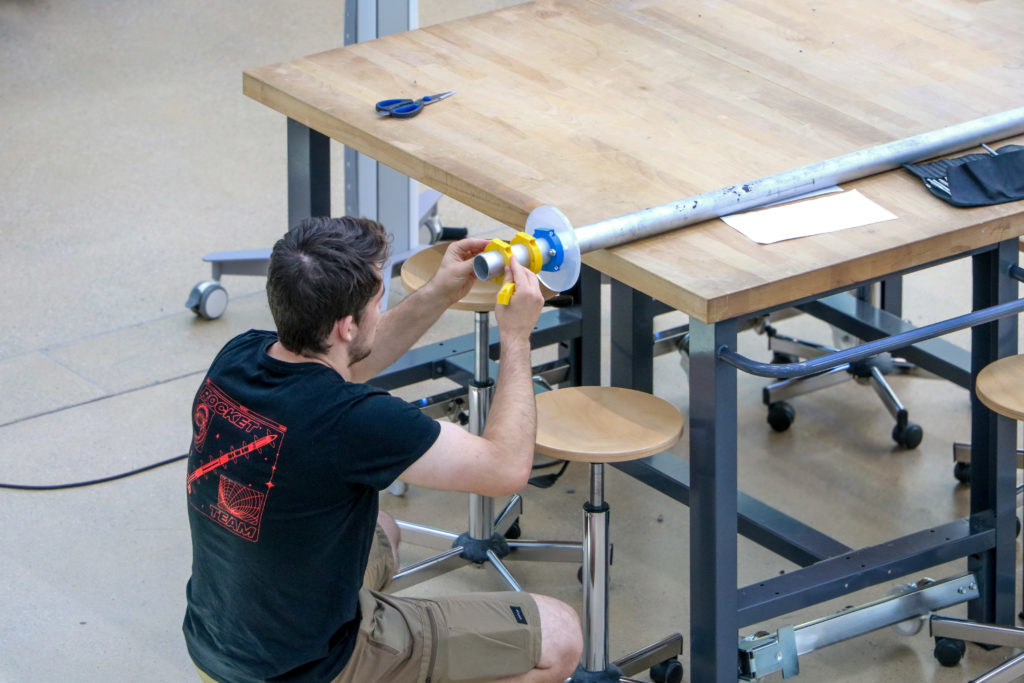Making learning explicit
Using a portfolio approach for integrating transversal skills into the engineering curriculum.

The Center for Learning Sciences (LEARN), in partnership with the Teaching Support Center (CAPE), has conducted research to improve how students develop professional and transversal skills through project-based learning. This comprehensive study examined three courses at EPFL, Global Issues, Robotic Competition and How People Learn, to understand what students actually learn and how they acquire these essential skills during project work.
This work is part II of analyzing professional skills. Find out more below:
I. Mapping Transversal skills
II. Making learning explicit: using a portfolio approach for integrating transversal skills into the engineering curriculum
III. Transversal Skills and Portfolios
Research Approach
The research team used multiple qualitative methods to gather insights, including student portfolio analysis to track learning outcomes. Teachers played a vital role in this study through conversational interviews where they shared their perspectives on course design, teaching methods, and student development. Additionally, researchers observed one or two class sessions where students actively developed or applied professional skills, providing real-world context for understanding the learning process.

A Case Study in a Masters Course
The case study presents the analysis of a single course, How People Learn, targeted to explore how the intention to teach certain skills leads to what students learn, and how the use of a portfolio as an assessment tool supports this process. Therefore, two questions were asked:
- How are transversal skills represented in the intended, taught and learnt curriculum?
- What is the role of a portfolio as a tool to reflect on and assess transversal skills?

The analysis focused on the alignment of the three aspects of the curriculum by using portfolios in learning and teaching transversal skills. This was mapped in Figure 2 to visualize the alignment at specific stages and highlight the coherence and gaps.
Findings: What Students Actually Learn
The study revealed significant gaps between what courses intend to teach, what is actually taught, and what students ultimately learn. While course documents outline specific professional skills, the analysis showed that students often develop additional transversal skills like professional effectiveness and information management that aren’t formally documented, suggesting richer learning experiences than officially recognized. Conversely, some intended skills like conflict management and ethics may not transfer effectively to student learning when they lack emphasis in teaching. Most notably, students demonstrated considerably more skill development in their reflections than appeared in either intended or taught curricula, particularly in areas prompted by portfolio questions, indicating that reflective exercises can successfully guide students toward recognizing and developing specific professional competencies they gain through project-based learning.
Impact and Future Benefits
This research addressed a significant gap in educational literature and aimed to make use of practical tools that can enhance project-based learning experiences. The insights gained represented the 2nd stage in the large project dedicated to Professional Skills at EPFL and contributed to more effective teaching strategies and improved student outcomes.



